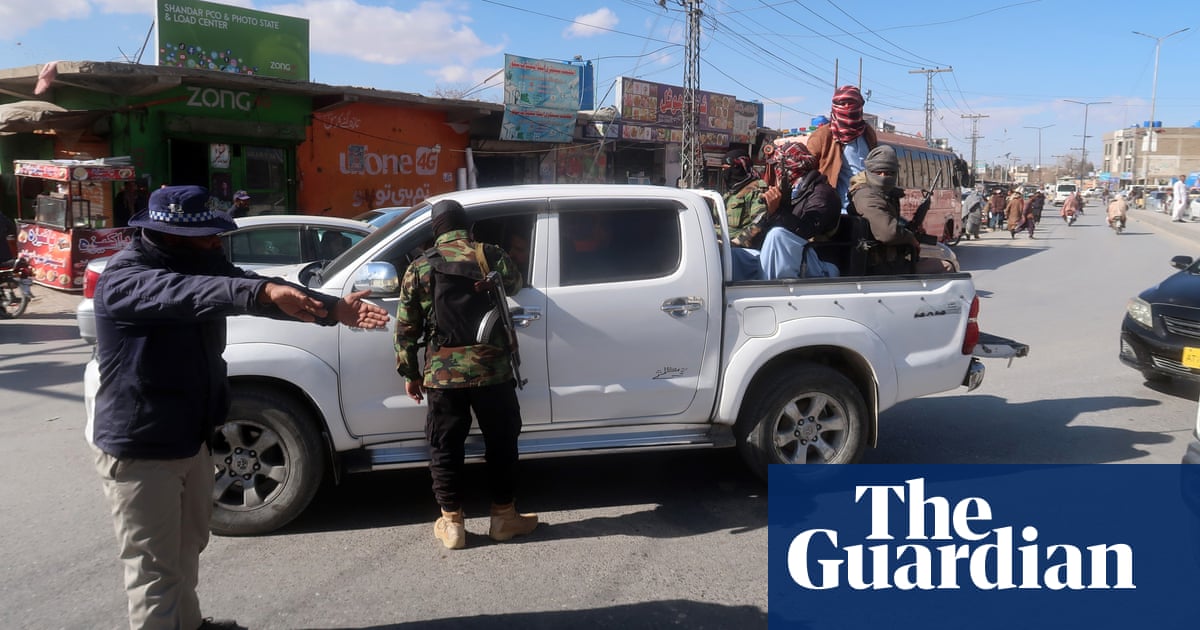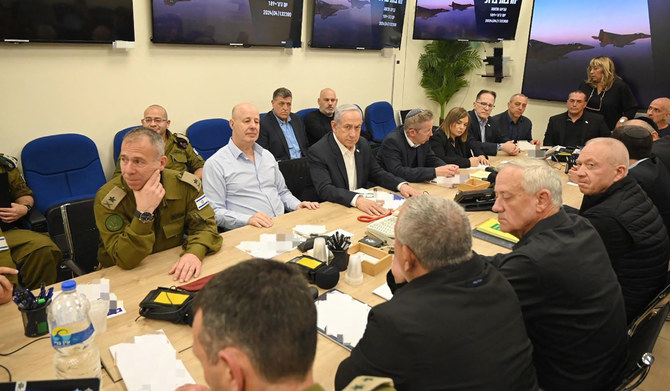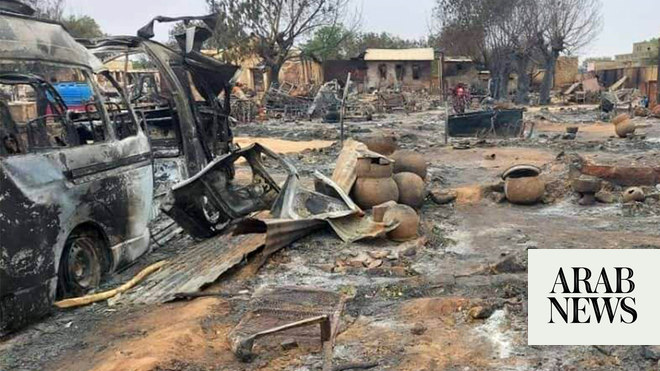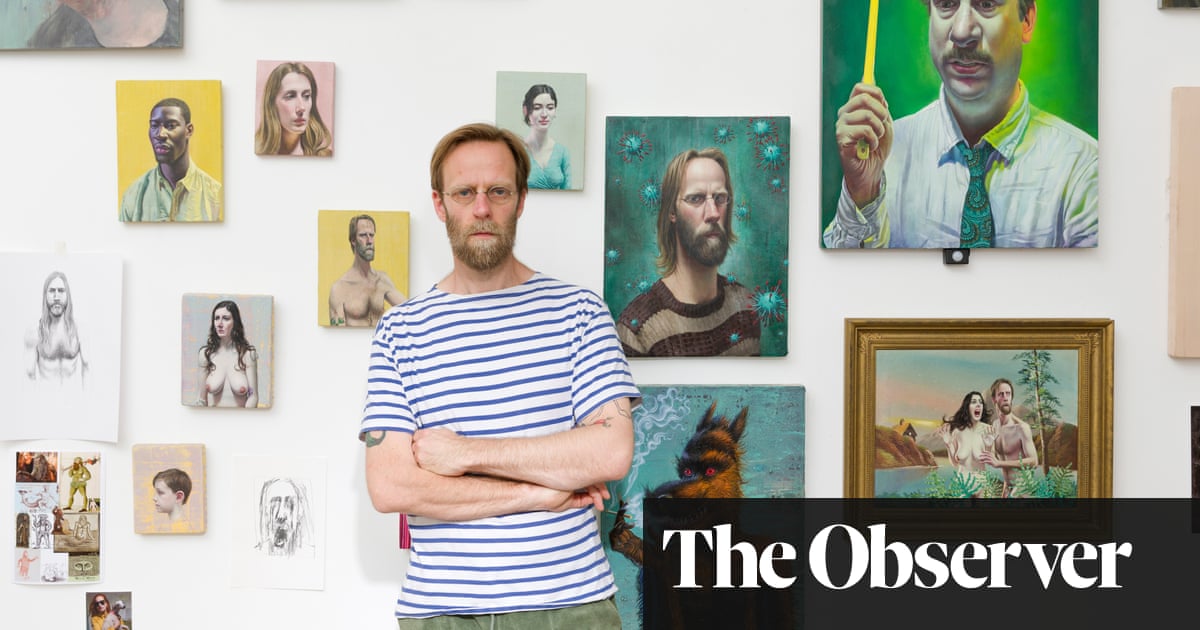
The industrial revolution paved the way for bringing millions out of poverty. It was behind the urbanization that enabled people to live closer together. Yet it also had a detrimental impact on the environment. The Paris Agreement on climate change stipulates that global temperatures should not rise more than 1.5 degrees Celsius above pre-industrial levels.
If this cannot be achieved, scientists predict a chaotic future of rising sea levels and erratic weather patterns, which will influence migration and security as well as take a big toll on the global economy.
The patterns are set and breaking through them will not be easy. When it comes to changing course from old established ways in favor of new ones, bold actions are as important as examples that shine a light on what a new sustainable future could look like.
NEOM and The Line are just such examples. NEOM is a futuristic city in northwest Saudi Arabia that will be home to 1 million people. The Line will provide these inhabitants with artificial intelligence (AI)-enabled hyperconnectivity, allowing them to never be farther away than a five-minute walk from their next destination — be that their place of residence, work, retail or leisure. The best thing about the design is that it will be entirely powered by clean energy.
Saudi Crown Prince Mohammed bin Salman, whose brainchildren NEOM and The Line are, made an excellent point when he stated that one should not sacrifice nature for the sake of development. “We need to transform the concept of a conventional city into that of a futuristic one,” he said.
NEOM and The Line achieve just that — and more.
Firstly, and most importantly, they provide a model of how urban life could evolve in the 21st century. Climate change is a clear and present challenge to humanity itself, and net-zero goals between 2040 and 2060 have been adopted by most countries. This all sounds good, but the way there will neither be straightforward nor easily achieved. In many cases, governments will have to decide between what is good for the environment and what is convenient for their citizens. It takes very bold moves to break through this conundrum. NEOM and The Line show a way forward not just for Saudi Arabia, but for the world at large.
Secondly, Saudi Vision 2030 wants to wean Saudi Arabia off its dependency on oil. It also wants to provide high-value-added jobs for its growing and talented young. NEOM and The Line do both. The Line will create no less than 380,000 jobs. The city and the transportation method are both based on clean energy, which is in line with net-zero targets.
NEOM and The Line prove that there is another way forward, where growth and employment equate to a socially and environmentally friendly future.
Cornelia Meyer
Thirdly, big projects always require big sums to finance them. These capital flows will have to come from domestic and international sources. NEOM and The Line have a large environmental and social sustainability dimension. Over the last years, environmental, social and governance (ESG) investments have grown more than any other class of funding mechanisms. Indeed, Deloitte expects ESG investments to grow by 300 percent in the US between 2020 and 2025. By 2025, 50 percent of professionally managed money in the US will be directed toward ESG-compliant investments. The bold ESG-compatible outlook of NEOM and The Line will qualify it in terms of these investors, multiplying its appeal to the global investors’ community.
All in all, The Line and NEOM are significant projects. The crown prince and the Kingdom dream big, which is the only way to break the vicious cycle of economic growth equating to more pollution. NEOM and The Line prove that there is another way forward, where growth and employment equate to a socially and environmentally friendly future. One could argue that the world needs more similar projects, in which governments and people dream big while also keeping in sight the ultimate long-term goal of a sustainable, clean future.
Cornelia Meyer is a Ph.D.-level economist with 30 years of experience in investment banking and industry. She is chairperson and CEO of business consultancy Meyer Resources. Twitter: @MeyerResources
Disclaimer: Views expressed by writers in this section are their own and do not necessarily reflect Arab News" point-of-view












